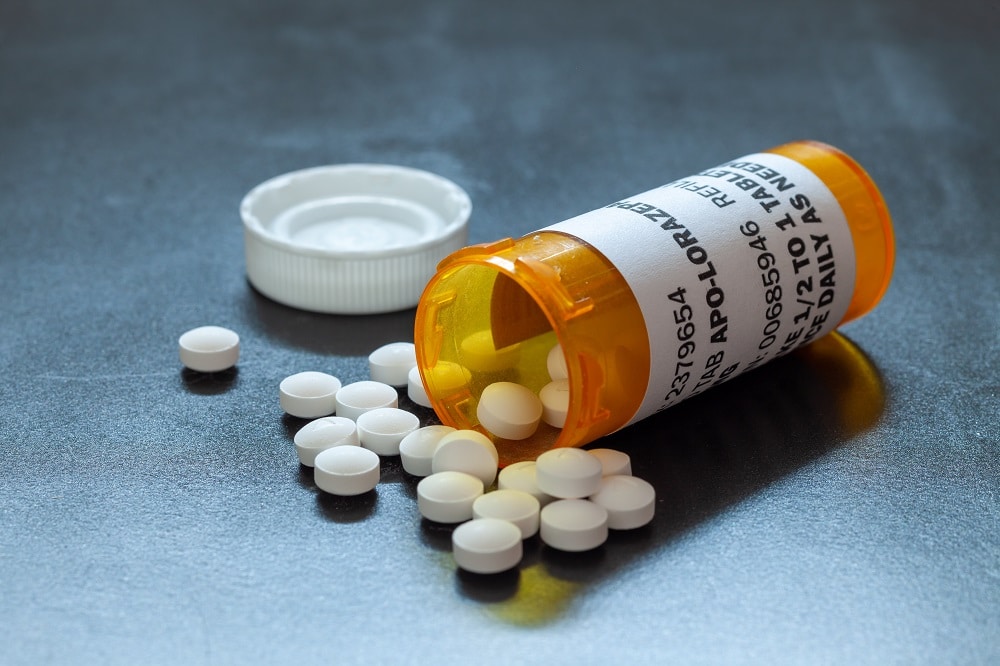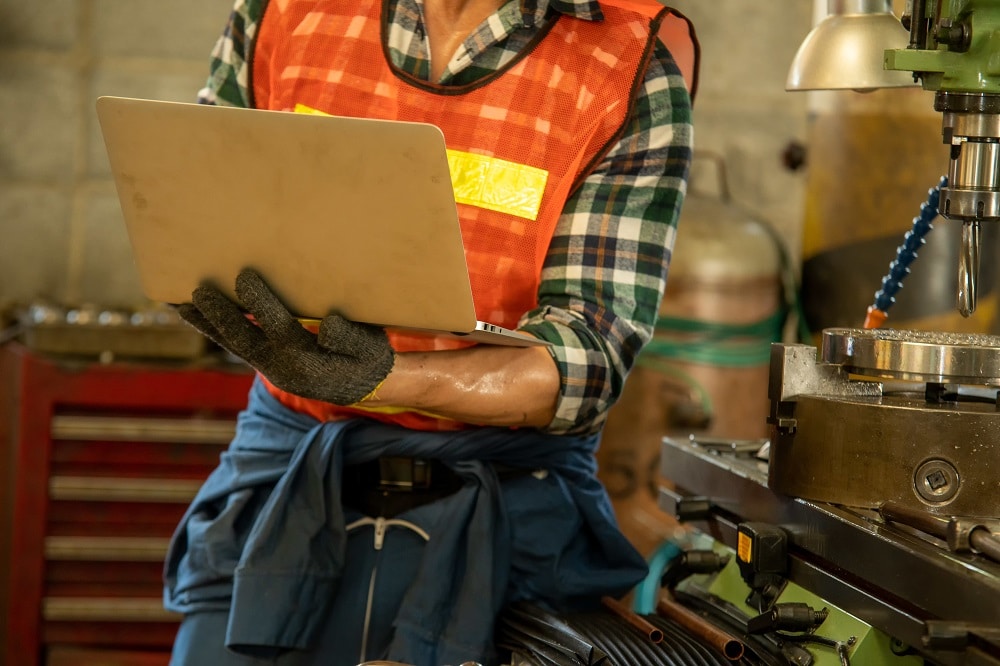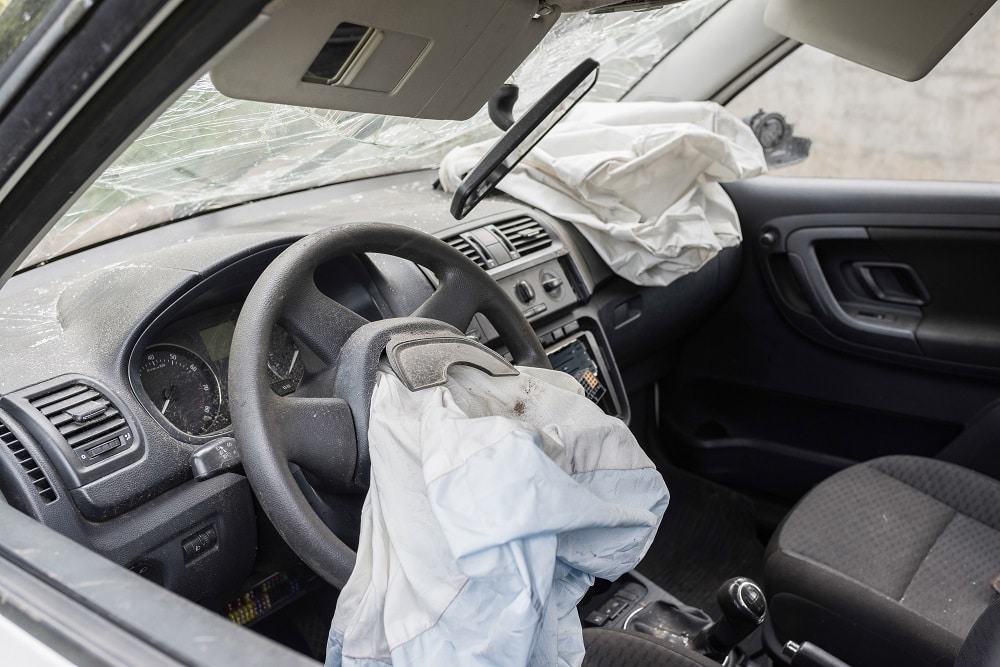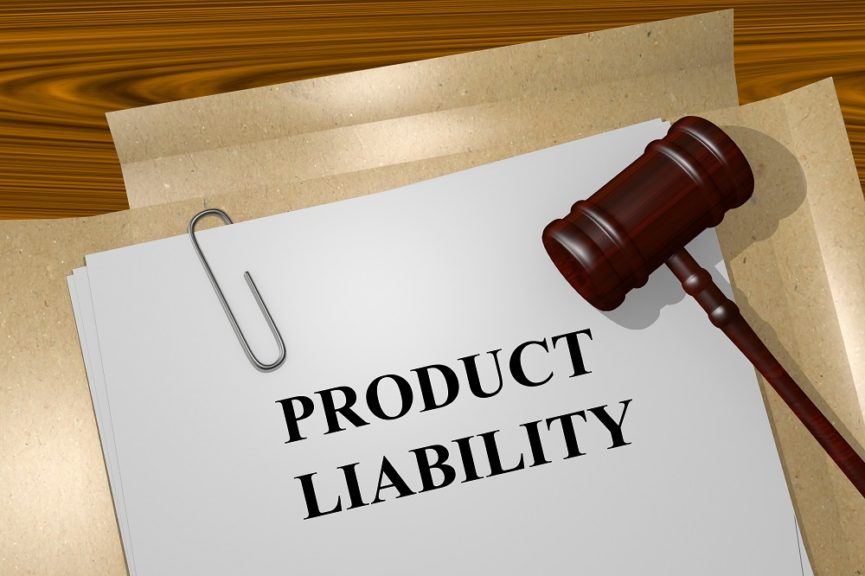Product liability lawsuits can be confusing – but if you’ve been injured by a faulty product or a bad drug, you have rights. In fact, you could be entitled to financial compensation. Check out these product liability lawsuit FAQs, and if you have questions that aren’t answered here, give us a call at 818-230-8380 so we can help.
Product Liability Lawsuit FAQs
Product liability is a manufacturer or trader’s responsibility for producing or selling a faulty product. When someone puts a product on the market – it could be anything, such as a toy, an infant carrier, a fire alarm, a medical device or a drug – they’re responsible for ensuring it’s safe for you, the consumer. If that product isn’t safe, you may be able to hold the manufacturer, producer or trader liable.
Product liability law says that a product must meet the ordinary expectations of a consumer – but when a product has an unexpected defect or danger, it doesn’t meet a consumer’s ordinary expectations.

What is an Example of Product Liability?
Check out these examples of possible product liability:
- A tainted batch of an anti-inflammatory drug that contains a toxic substance
- A space heater with a faulty emergency switch to turn it off in case of overheating or tipping
- A car seat that doesn’t protect a child’s spine in the event of a crash
- A bicycle with a faulty seat clip that causes the seat to fall off while someone is riding the bike
- A defective hip implant that breaks and causes injury when it’s in someone’s body
How Long Does It Take to Settle a Product Liability Lawsuit?
The amount of time it takes to settle a product liability lawsuit varies based on the circumstances of the case. Your product liability lawyer can talk to you about how long your case will take, but as a general rule, cases can settle in one to three months, or they can last as long as two to three years. Your attorney will try to get your case settled as quickly as possible.
How Do You Prove Product Liability in a Lawsuit?
In order to prove product liability in a product liability lawsuit, you and your attorney must show that there was an inherent defect in the product that was there when you got it, and that the defect caused your injury while you were using the product in a reasonably foreseeable manner. If you were using the product in a way that the manufacturer didn’t intend (such as driving a dirt bike off a roof and onto a trampoline), the manufacturer most likely isn’t going to be liable for your injuries. However, if you were using the product the way it was intended to be used (such as jumping normally on a trampoline) and a defect in the product (such as an inherently weak spring) caused your injury, you may be able to prove product liability.
What Are the Three Types of Product Defects That Can Lead to a Product Liability Lawsuit?
There are three major types of product defects:
- Design defects. These are problems built into the product’s design.
- Manufacturing defects. These are problems that happen when the product is made.
- Marketing defects. These are problems with warning labels or instructions for using the product.
 Who Can Be Held Responsible for a Faulty Product in a Product Liability Case?
Who Can Be Held Responsible for a Faulty Product in a Product Liability Case?
Any manufacturer or seller in the distribution chain can be held liable for a faulty product. In California, if a product is dangerous or defective, or if it includes inadequate warnings, whomever designed, made or sold the product is responsible for someone’s injuries (as long as the product was used in a reasonable way). However, if a manufacturer designed a non-defective component of the product, you cannot sue that manufacturer. For example, let’s say you buy a clothes dryer. Various parts of the dryer are made by different manufacturers. If the heating coil malfunctions and injures you, you cannot sue the manufacturers that made parts that had nothing to do with your injury (like the manufacturer of the door, the touch-screen or the cord). Likewise, you can’t sue:
- The financial institution that handled the transaction between you and the seller
- A used product dealer or casual seller (such as when you buy a used dryer from an online sales site)
- A person who installed a defective component, provided that person didn’t know the part was defective or unsafe
- Sellers of professional services, such as a pharmacy
Related: Personal injury lawsuit information
What Are the Defenses to Product Liability in a Lawsuit?
Some of the most common defenses to product liability lawsuits include:
- Assumption of risk, which means the plaintiff knows there’s a danger but uses the product anyway
- Substantial change, which means the consumer modified the product and the modification led to the plaintiff’s injury
- Contributory negligence or comparative fault, which means the plaintiff contributed to his or her own injuries
- Statute of limitations is expired, which means the plaintiff tried to file a product liability lawsuit after the statute of limitations is over – and in California, that’s two years from the time when the injury occurs or from when the injury should have been discovered
Related: The personal injury statute of limitations in California

What is Considered a Defective Product?
A defective product is a product that doesn’t work the way it’s supposed to work. In the context of product liability lawsuits, these products cause injury or damages. Products are defective if they have a manufacturing or design flaw, or if they don’t come with adequate instructions or warnings for safe use.
What is a Strict Liability Tort?
A strict liability tort, when it comes to personal injury and product liability cases, the defendant is responsible for the product without the plaintiff having to prove negligence.
Related: What is a product liability lawsuit in California, and what are grounds to sue?
What is the Difference Between Product Liability and Strict Liability?
Usually, product liability is a strict liability. That means the defendant (the alleged responsible party) is responsible when the plaintiff (the injured party) shows that the product is defective. It doesn’t matter if the responsible party intended for anyone to get hurt, or if the responsible party was negligent – it’s enough that the product was defective. In other words, intent doesn’t matter.
What is the Meaning of Law of Tort?
Tort means “wrong,” and when it comes to product liability lawsuits, it refers to a civil wrong. That means one party did something wrong to another party, and as a result, someone was injured.
What Are Some Major Causes of Defects in Products?
Product defects can be dangerous – in fact, they sometimes result in death. Manufacturers are responsible for ensuring products are safe before they hit the market, but that doesn’t always happen. Some of the major causes of defects in products include:
- Poor design
- Lack of adequate testing
- Lack of warnings
- Poor instructions for installation or use
- Improper maintenance of individual components
- Assembly or construction errors
- Dangerous materials or chemicals used in manufacturing
What is the Hand Test Formula?
The Hand Formula, created by Judge Learned Hand in United States v. Carroll Towing, says that if B<PL, there is negligence liability for the party that has the burden of taking precautions. B represents the burden of taking precautions, P represents the probability of loss, and L represents the gravity of personal loss. Essentially, if the burden of taking precautions is less than the probability of injury multiplied by the seriousness of a resulting injury, the party that’s supposed to take precautions will have some amount of liability in the case.
What is a Tort Case? Here’s an Example
A tort case is a wrongful act that injures someone or interferes with property. These are civil court proceedings. For example, when a drug manufacturer puts expired ingredients in its drugs, and those ingredients cause harm, you may open a tort case against the manufacturer. Another example is when a custodian mops a floor and fails to put down a “Wet Floor” sign or otherwise notify people that the floor poses a slipping hazard.
Do You Need to Talk to a Lawyer About a Product Liability Lawsuit?
If you need to talk to an attorney because you think you have a product liability lawsuit on your hands, we’re more than happy to evaluate your case. Call us right away at 818-230-8380 for a free case review. We can visit you at home or in the hospital, or you can come to our office – we may be able to help you recover damages and get the justice you deserve.




